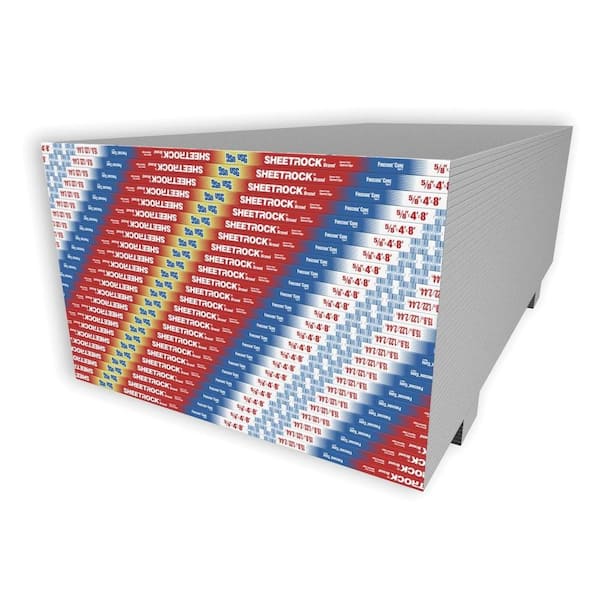When it comes to choosing the right material for interior construction, PVC board and gypsum board are two popular options. Both have their unique characteristics and applications, making it essential to understand their differences and determine which one is better suited for your specific needs. In this comprehensive blog post, we will delve into the qualities, advantages, and disadvantages of PVC board and gypsum board, enabling you to make an informed decision.
- Composition and Properties:
1.1 PVC Board:
PVC (Polyvinyl Chloride) board is a synthetic plastic material composed of vinyl polymer. It is known for its durability, versatility, and resistance to moisture, chemicals, and fire. PVC boards are available in various thicknesses and can be easily molded, making them suitable for a wide range of applications.
1.2 Gypsum Board:
Gypsum board, also known as drywall or plasterboard, is made from a core of gypsum sandwiched between two layers of paper. It is renowned for its fire resistance, soundproofing capabilities, and ease of installation. Gypsum boards come in different sizes and thicknesses, catering to diverse construction requirements.
- Applications:
2.1 PVC Board:
- Interior wall cladding: PVC boards are widely used for wall paneling due to their moisture resistance and easy maintenance.
- False ceilings: PVC boards offer excellent thermal insulation and can be easily installed, making them ideal for false ceiling applications.
- Furniture manufacturing: The versatility of PVC boards allows for the creation of durable and aesthetically pleasing furniture pieces.
2.2 Gypsum Board:
- Drywall construction: Gypsum boards are extensively used for constructing interior walls and ceilings due to their fire resistance and soundproofing properties.
- Partition walls: Gypsum boards provide a cost-effective solution for creating temporary or permanent partition walls in commercial spaces.
- Decorative elements: Gypsum boards can be molded into various shapes and designs, making them suitable for creating decorative features like arches and cornices.
- Strengths and Limitations:
3.1 PVC Board:
Strengths:
- Moisture resistance: PVC boards are impervious to water, making them ideal for areas prone to high humidity or moisture.
- Durability: PVC boards are highly durable and resistant to impact, making them suitable for high-traffic areas.
- Low maintenance: PVC boards require minimal maintenance and can be easily cleaned with water and mild detergent.
Limitations:
- Limited fire resistance: PVC boards are not as fire-resistant as gypsum boards and may release toxic fumes when exposed to high temperatures.
- Expansion and contraction: PVC boards can expand and contract with temperature fluctuations, requiring proper installation techniques.
3.2 Gypsum Board:
Strengths:
- Fire resistance: Gypsum boards are inherently fire-resistant and can help contain the spread of flames in case of a fire.
- Soundproofing: Gypsum boards possess excellent soundproofing qualities, making them ideal for spaces that require noise reduction.
- Sustainability: Gypsum is a naturally occurring mineral, making gypsum boards an environmentally friendly choice.
Limitations:
- Moisture sensitivity: Gypsum boards are susceptible to moisture and can deteriorate if exposed to prolonged water contact.
- Fragility: Gypsum boards are relatively fragile and can be easily damaged if not handled with care during installation or transportation.
- Cost Considerations:
PVC boards are generally more cost-effective than gypsum boards, making them a popular choice for budget-conscious projects. However, the specific cost may vary depending on factors such as board thickness, size, and application requirements.
Conclusion:
In the battle of PVC board vs. gypsum board, there is no definitive winner. The choice between the two ultimately depends on the specific needs of your project. PVC boards excel in moisture resistance and durability, while gypsum boards offer superior fire resistance and soundproofing capabilities. By considering the strengths, limitations, and applications of both materials, you can make an informed decision that aligns with your project requirements and budget.


